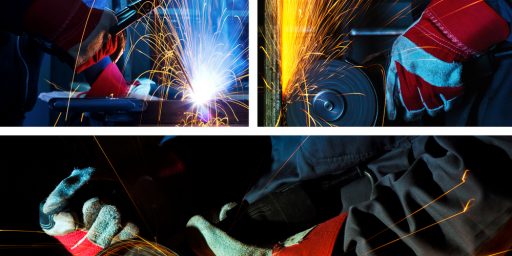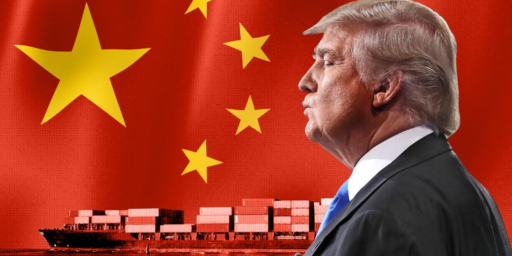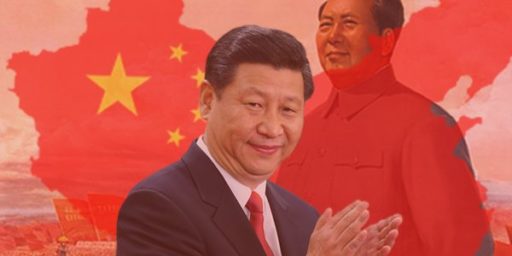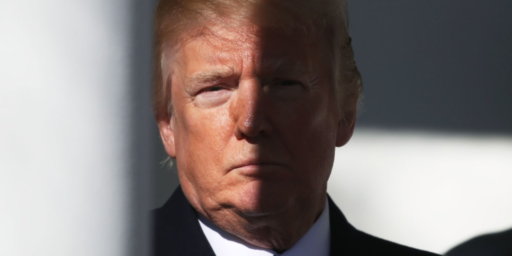Held Prisoner by a Toy Factory
Do not under any circumstances miss David Barboza of the New York Times’s remarkable article, My Time as a Hostage, and I’m a Business Reporter. I guarantee that having read it you’ll know a heckuva lot more about the realities of China today. A sample:
Thus began our interrogation, which was followed by hours of negotiations, the partial closing of the factory complex and the arrival of several police cars, a handful of helmet-wearing security officers and some government officials, all trying to free an American journalist and his colleagues from a toy factory.
and
Factory bosses, I would discover, can overrule the police, and Chinese government officials are not as powerful as you might suspect in a country addicted to foreign investment.
or
Many experts have told me that one of the most serious problems in China is that the government lacks the power to control the nation’s Wild West entrepreneurs, deal makers and connected factory owners.
or
“People have this idea they are Big Brother and everyone is under watch,” Mr. Shenkar said. “But this is not China. In China, local authorities often turn a blind eye to problems because maybe they’re invested in it.”
Mr. Barboza was following the story of the recent Thomas the Tank Engine toy recall. But this is China and you may believe you know what you’re dealing with but you don’t.






From the article:
Even before I saw this article I was discussing with one of my friends here tonight that Westerners (such as this NYT reporter), often have a distorted view of the Chinese power structure. Westerners often assume strict top-down rule over here when in fact China suffers from what might best be called “klepto-federalism” — federalism without rule of law. (This might be also thought of as a legacy of warlordism that China has never truly shaken loose.)
Localities regularly interpret the law as they see fit, and businessmen collude with said localities to bend the law any way their guanxi (connections network) allows. While the central government should do more to stop it, most abuses do run contrary to policy and are condemned when the central government has the resources to do so.
For example, those who’ve followed China news recently might be aware of the child slavery ring uncovered in southern China this month. The local government in Henan declared that the beatings, murders, kidnappings, and slave wages were just a matter of “illegal employment,” rather than an eruption of evil, and the central government, realizing the political implications of such verbiage, jumped on the officials quickly and condemned the slavery for what it was.
In all, the Times story is freaky, but not so unusual if you know more about China.
That’s basically why I linked to this story, Matthew. There are just so many misconceptions about China. The story you mentioned scarcely made a ripple here (the basics are covered here). And here’s the clincher: the brickworks in which these kids (and others) were forced to work were owned by the family of a local party boss. Now that’s China.
I should make a correction. The main story I was talking about was in Shanxi, not Henan, though in Henan there was another child slavery ring.